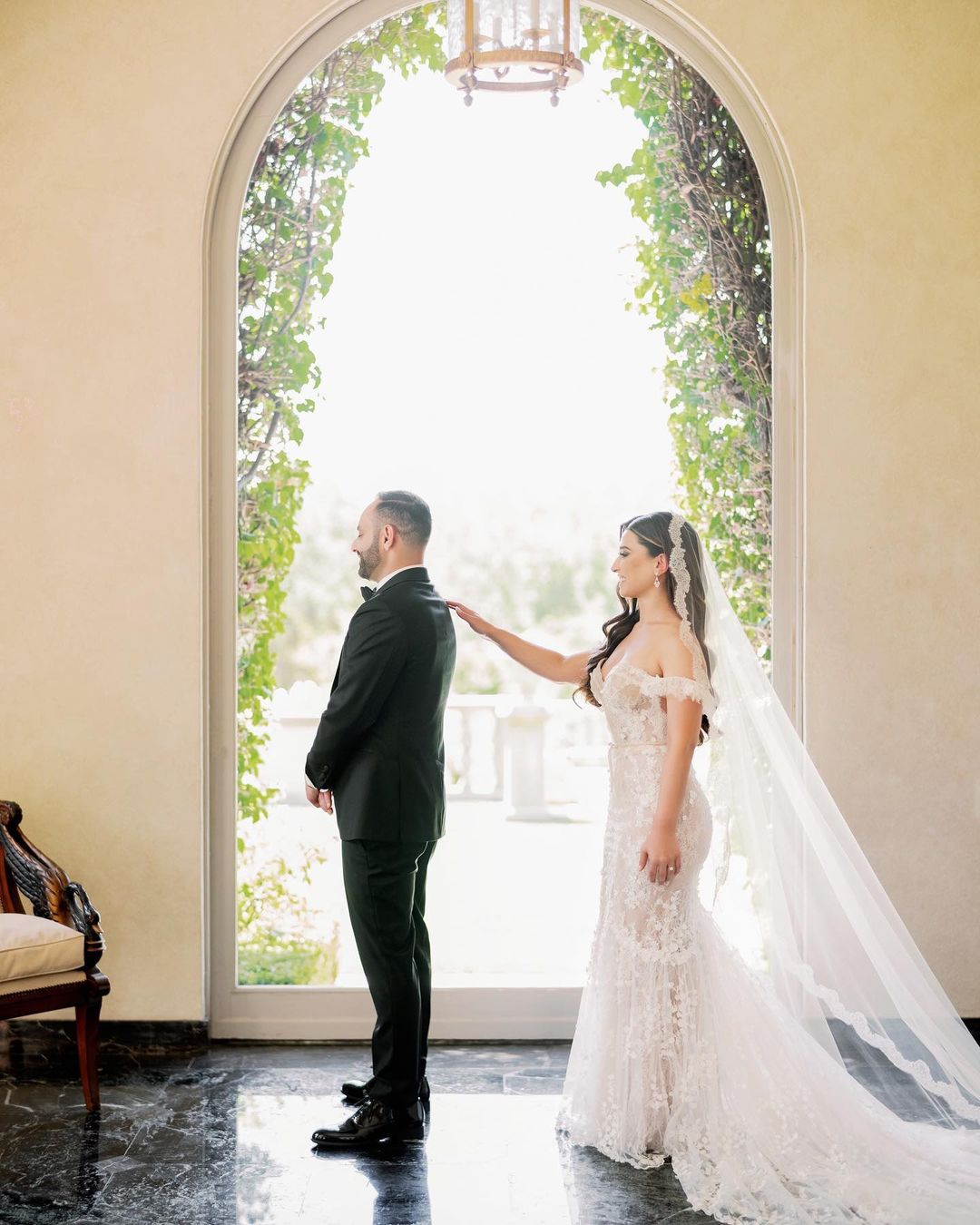As a wedding planner, understanding who pays for the wedding is crucial to helping couples plan their big day. Traditionally, the responsibility of paying for the wedding falls on the bride’s family, but this is not always the case. In today’s modern society, there are many different scenarios when it comes to paying for a wedding. In this essay, I will discuss the various factors that determine who pays for a wedding, from a wedding planner’s perspective.
First and foremost, it is important to understand that there is no set rule for who pays for a wedding. Every couple and family has their own unique circumstances and traditions, which can influence who pays for what. However, there are some general guidelines that can be followed.
Traditionally, the bride’s family pays for the majority of the wedding expenses, including the ceremony and reception. This is because, historically, the bride’s family was responsible for providing a dowry or a portion of their wealth to the groom’s family. Today, this tradition has evolved to mean that the bride’s family pays for the wedding as a way of celebrating their daughter’s marriage and welcoming the groom into the family.
However, in today’s society, it is not uncommon for couples to pay for their own wedding. Many couples are getting married later in life and have established careers, which allows them to contribute financially to their own wedding. In these cases, the couple may choose to pay for the entire wedding themselves or split the cost with their families.
In some cases, the groom’s family may also contribute financially to the wedding. This can be in the form of paying for specific expenses, such as the rehearsal dinner or the honeymoon. In some cultures, the groom’s family is expected to pay for the entire wedding, while in others, they are expected to make a smaller contribution.
Another factor that can influence who pays for the wedding is the size and scale of the event. A small, intimate wedding may be less expensive and easier for the couple to pay for themselves, while a larger, more extravagant wedding may require more financial assistance from both families.
It is also important to consider the couple’s own preferences and values when it comes to paying for the wedding. Some couples may prioritize having a certain type of venue or entertainment, while others may prefer to keep things simple and low-key. Understanding the couple’s priorities can help determine who should pay for specific aspects of the wedding.
In conclusion, determining who pays for a wedding is a complex and personal decision that varies from couple to couple. While there are traditional guidelines that can be followed, there is no one-size-fits-all approach. As a wedding planner, it is important to have open and honest communication with the couple and their families to determine who will be responsible for paying for what. Ultimately, the goal is to create a memorable and meaningful wedding celebration that reflects the couple’s unique love story, regardless of who pays for it.

